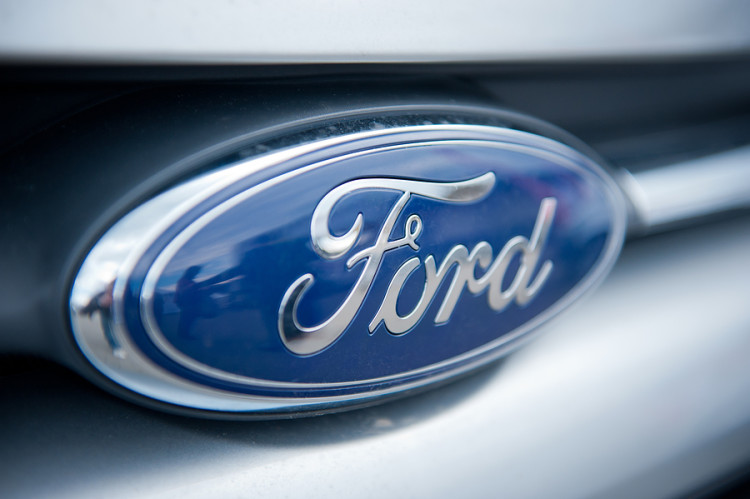Ford Starts Showing Positive Results From Exiting Sedan Market

published Oct 24, 2018, 5:29:14 PM, by Keith Naughton
(Bloomberg) —
Ford Motor Co. is already showing results from its controversial decision to exit the sedan business in America and make a bet on bigger vehicles. The automaker surprised Wall Street with better-than-expected earnings due mainly to selling more high-priced trucks and sport-utility vehicles.
North American pretax profit rose to $2 billion, even though Ford sold fewer vehicles, because buyers sought more richly appointed SUVs and F-Series pickups at higher average prices. That helped produce adjusted earnings of 29 cents a share, just beating analysts’ estimates, and Ford shares rose 5.9 percent in after-hours trading.
“We sold fewer lower-margin products,” Chief Financial Officer Bob Shanks told reporters at Ford’s Dearborn, Michigan, headquarters, referring to traditional cars. “We had a very strong performance by F-Series, very strong performance by Expedition and Navigator” jumbo sport utility vehicles.
North America’s rich sales mix may buy some time for Chief Executive Officer Jim Hackett, who has been beset by an investor exodus that has driven the stock to a nine-year low as he initiates an $11 billion company-wide restructuring. The daunting challenge of overhauling the 115-year-old automaker to freshen aging products and prepare for the autonomous age was still in evidence in net income that fell by about 38 percent. Ford also jettisoned its goal to reach an 8 percent profit margin by 2020 — and didn’t say when it might get there.
Dropping the margin target was a quick change of heart for Hackett, who had moved up the target in April by two years. Ford blamed rising costs, uncertainty for the industry and worsening conditions in Europe and China.
“We’re working to get there as quickly as we can,” Shanks, who declined to set a new deadline for reaching the 8 percent margin. “Given the environment that we’re in, there’s more volatility than we’ve seen in the recent past.”
Investors have shown diminishing patience with the lack of detail about Hackett’s turnaround plan, exacerbated by the decision to cancel an analyst presentation in September, and the stock is at its lowest level since 2009. The margin target is an example of the whipsaw: It was originally set for 2022, then moved up to 2020 earlier this year.
“It’s not that we don’t know where we’re going or that we don’t know how to do it,” Hackett told analysts on a call to discuss the financial results. “It’s that it’s a massive undertaking.”
Despite more profitable sales in North America, overseas operations remained a drag on earnings, with losses in Europe and Asia Pacific. Shanks noted that the Asian losses came in China, where Ford is struggling with aging cars and not enough SUVs. In the rest of Asia, the automaker made $190 million with a 9 percent margin, he said. Ford on Tuesday named a new president of its China operations, which it is reorganizing.
“Our performance in China has clearly been disappointing,” Hackett told analysts, noting that the company’s top executives are “swarming the issue.”
Ford’s finance arm, Ford Credit, had its best quarter since 2011, generating $678 million in profit on rising resale values of leased vehicles it sold at auction.331904632
For 2019, the automaker begins introducing models in North America to ensure that three-quarters of Ford’s offerings in the U.S. will be new or redesigned by 2020. And most of those will be high-profit SUVs and pickups, starting with the return to the U.S. early next year of the Ranger mid-sized pickup. For the just-completed quarter, F-Series trucks fetched an average of $46,224, up $858 over last year.
“As long as the economy holds up in 2019, I think Ford is going to have some good numbers next year,” said David Whiston, an analyst with Morningstar Inc. in Chicago. “The combination of the new Explorer, Escape and Ranger will move the needle.”
To contact the reporter on this story: Keith Naughton in Southfield, Michigan at knaughton3@bloomberg.net To contact the editors responsible for this story: Craig Trudell at ctrudell1@bloomberg.net Kevin Miller, Melinda Grenier
COPYRIGHT
© 2018 Bloomberg L.P



No Comment